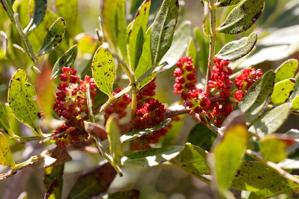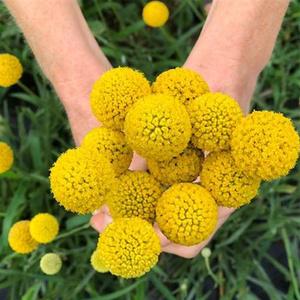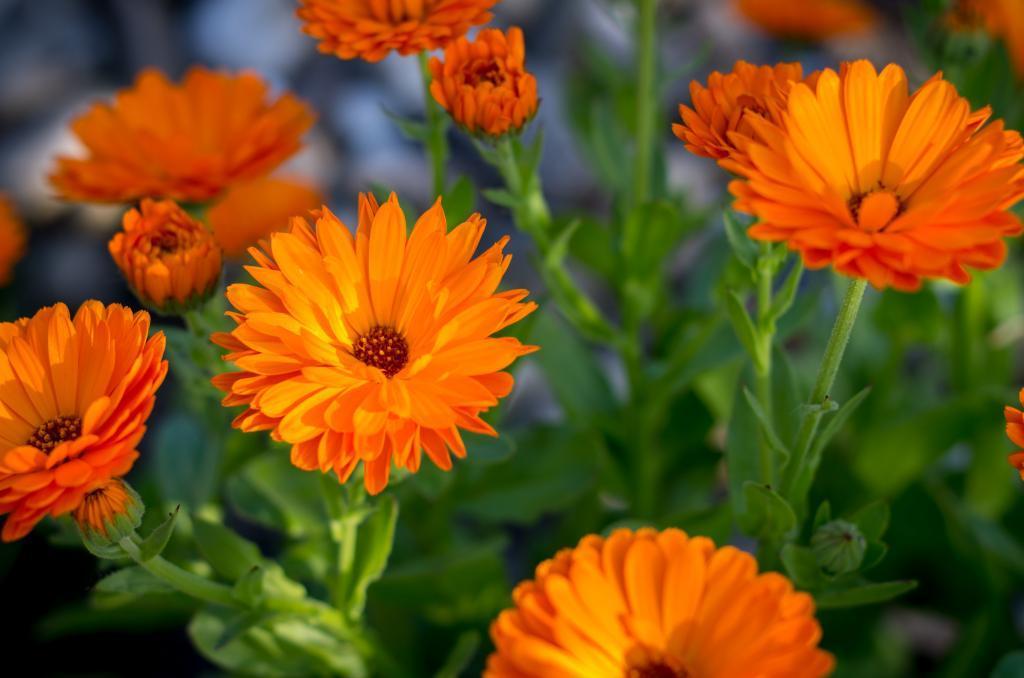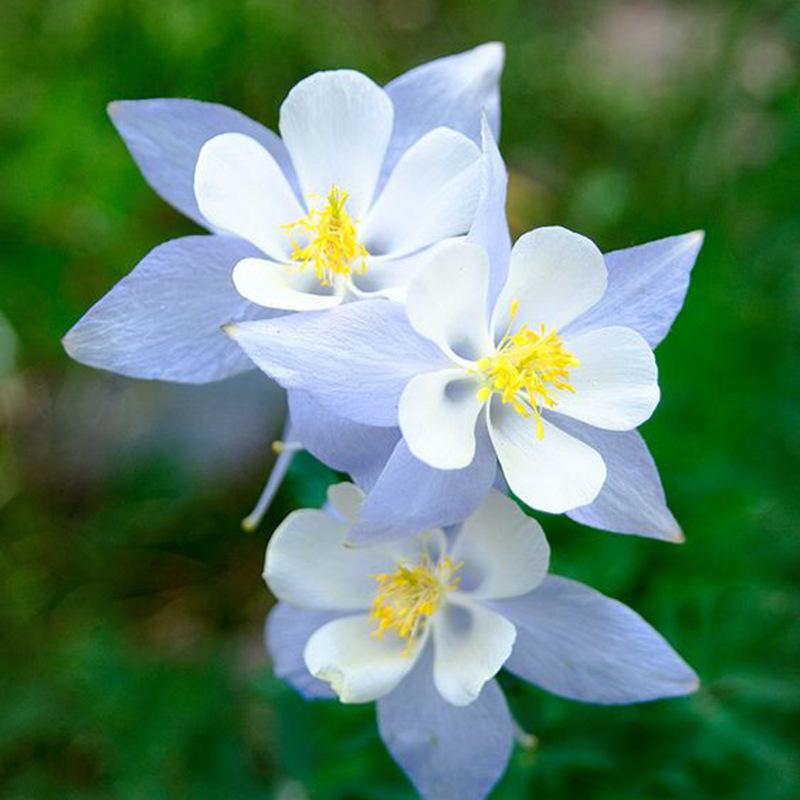Pistacia, commonly known as the Pistachio tree, has an intriguing tale. Legend tells of a mischievous genie who guarded a hidden treasure in the form of pistachio nuts. He challenged a young farmer to crack one hundred nuts within a night, promising wealth as a reward. Struggling against exhaustion, the farmer cleverly collected the shells and threw them onto the genie’s path. Enraged, the genie tripped and fell, spilling the precious nuts. The following morning, the farmer’s persistence and wit were rewarded with endless pistachio trees, symbolizing prosperity for generations to come.
Picture

Plant some seeds now!
Short Description
Mastic resin from Pistacia lentiscus
Pistacia is a genus of flowering plants in the cashew family, Anacardiaceae. It contains 10 to 20 species that are native to Africa and Eurasia from the Canary Islands, all of Africa, and southern Europe, warm and semidesert areas across Asia, and North America from Guatemala to Mexico, as well as southern Texas.
Description
Pistacia plants are shrubs and small trees growing to 5–15 m (16–49 ft) tall. The leaves are alternate, pinnately compound, and can be either evergreen or deciduous depending on species. All species are dioecious, but monoecious individuals of Pistacia atlantica have been noted. The genus is estimated to be about 80 million years old.
It is a genus of flowering plants belonging to the family Anacardiaceae. The plants are dioecious, and have male and female trees independently; a viable population should have both sexes.[citation needed]



